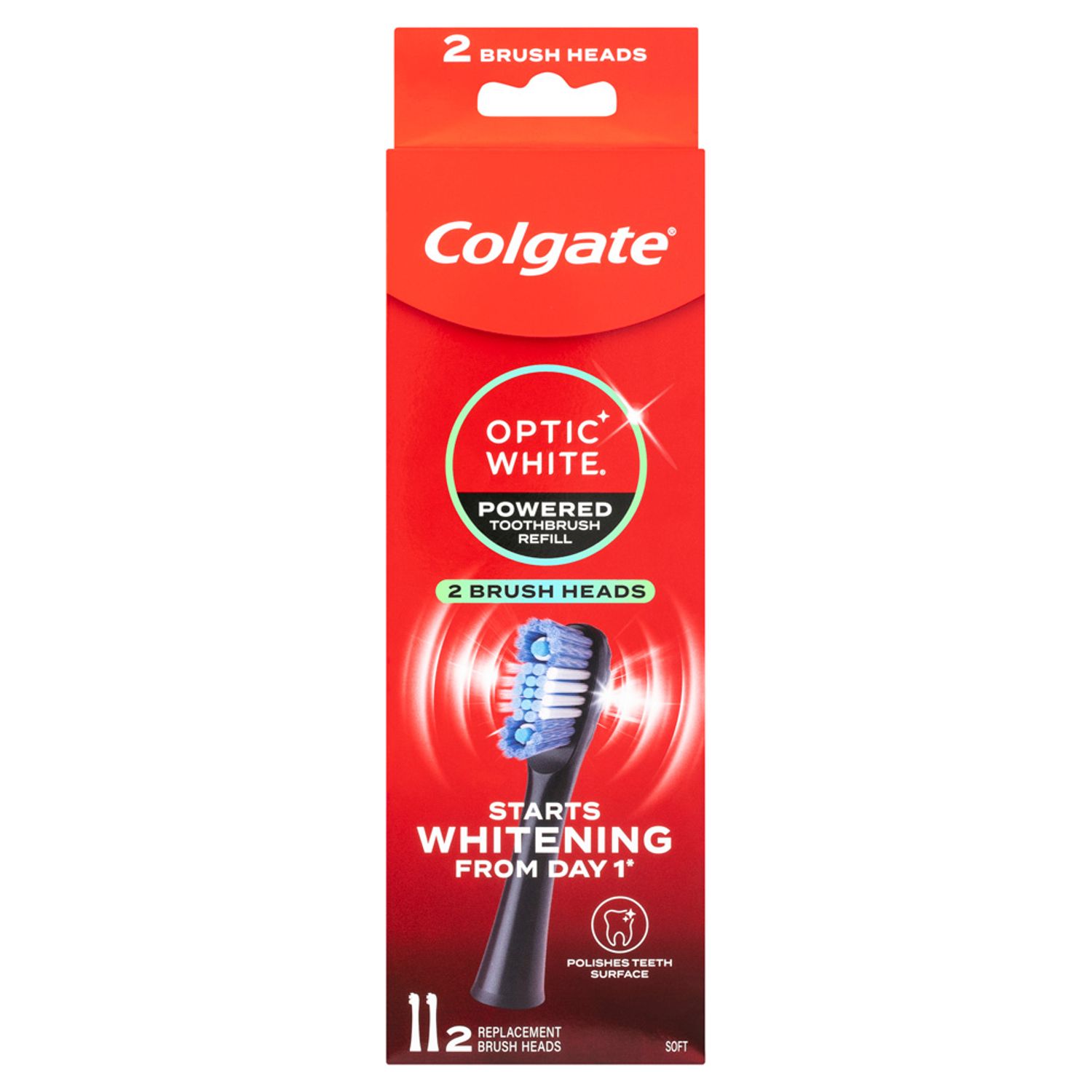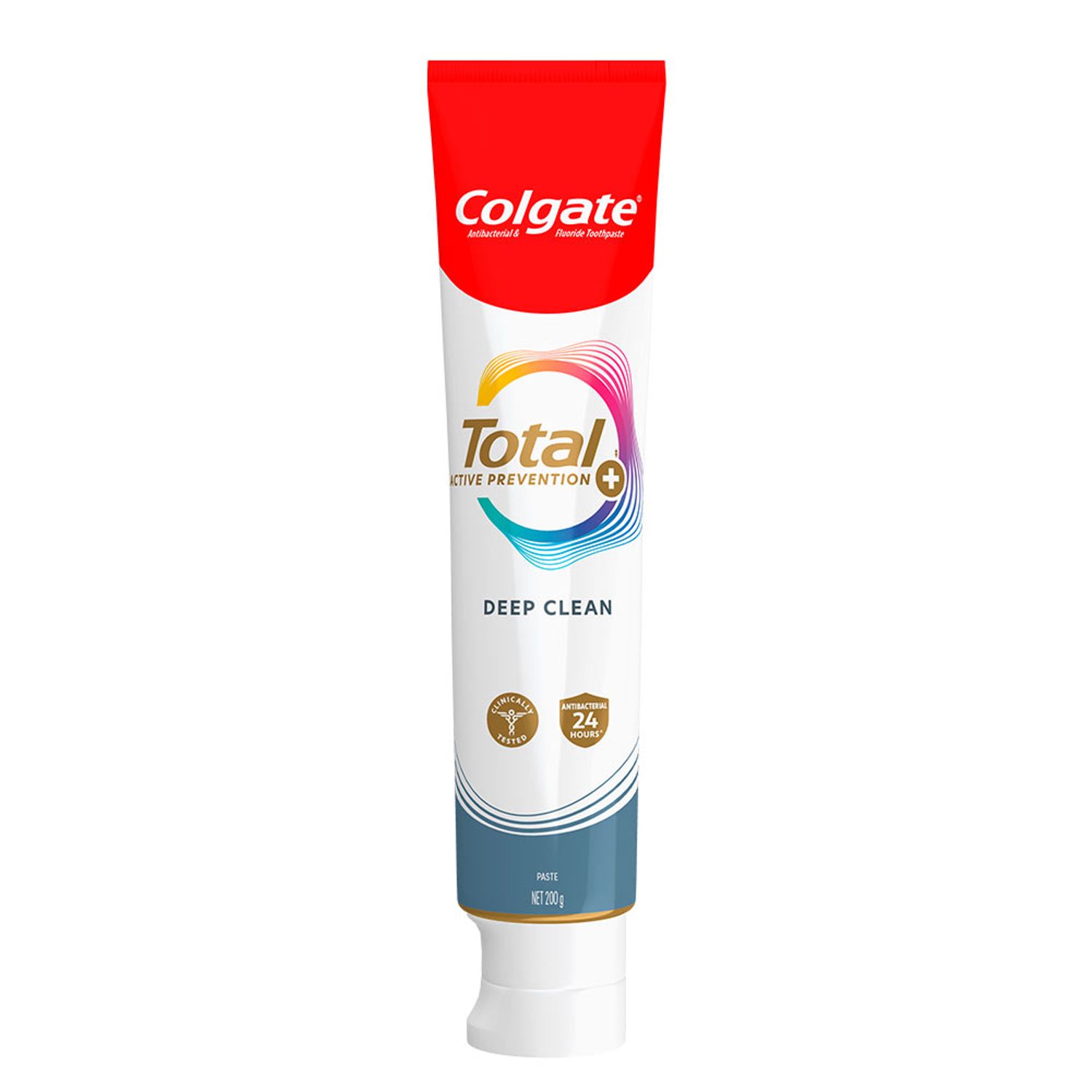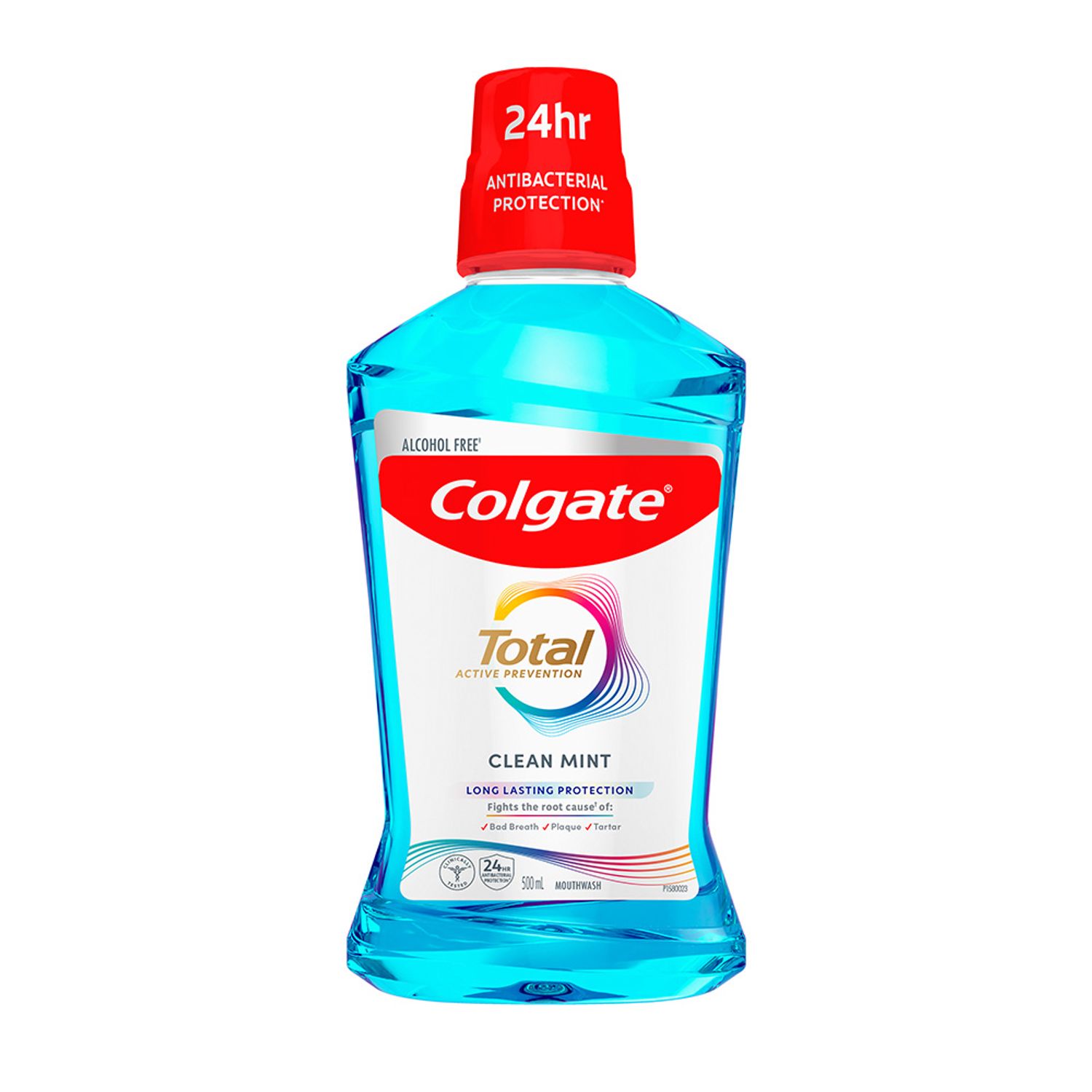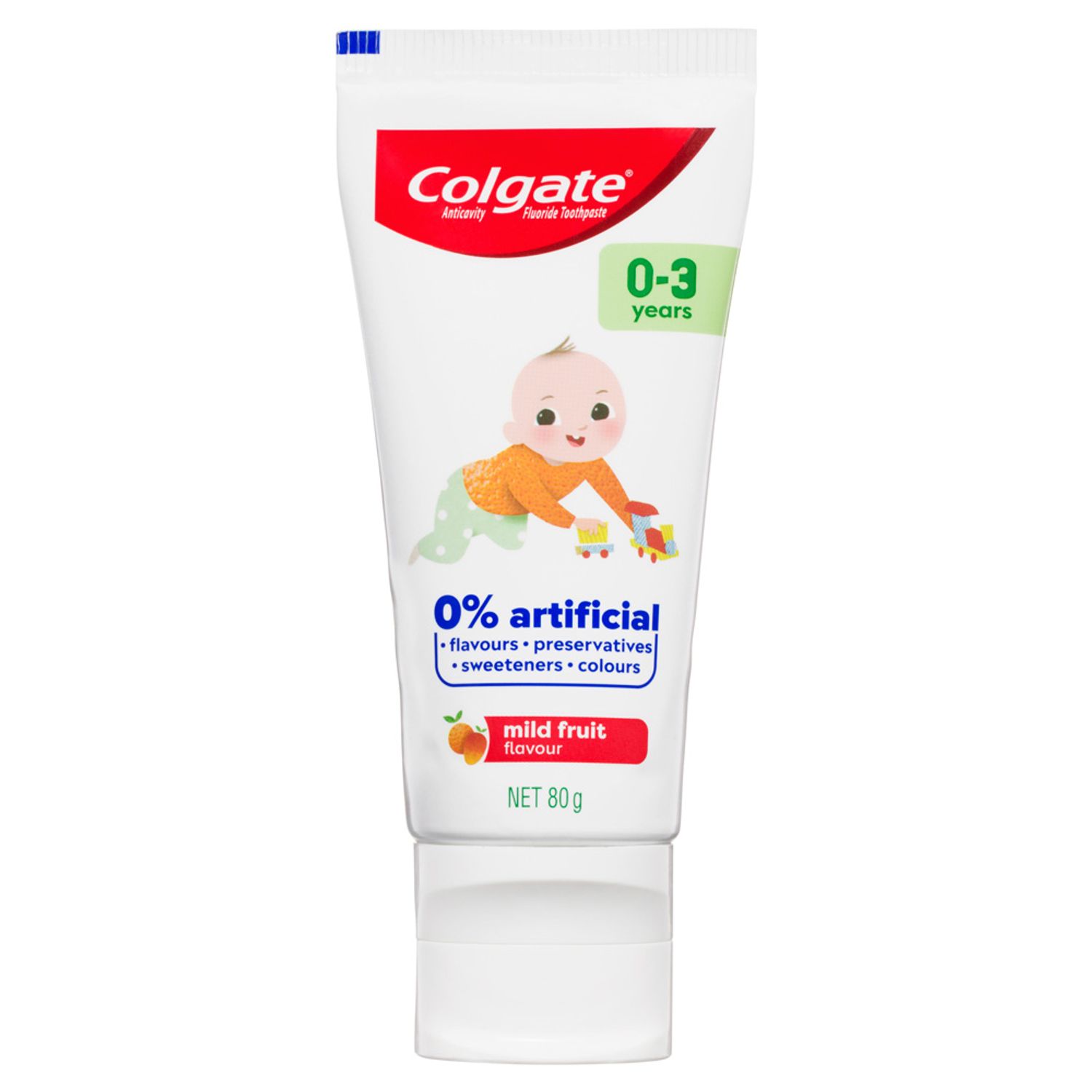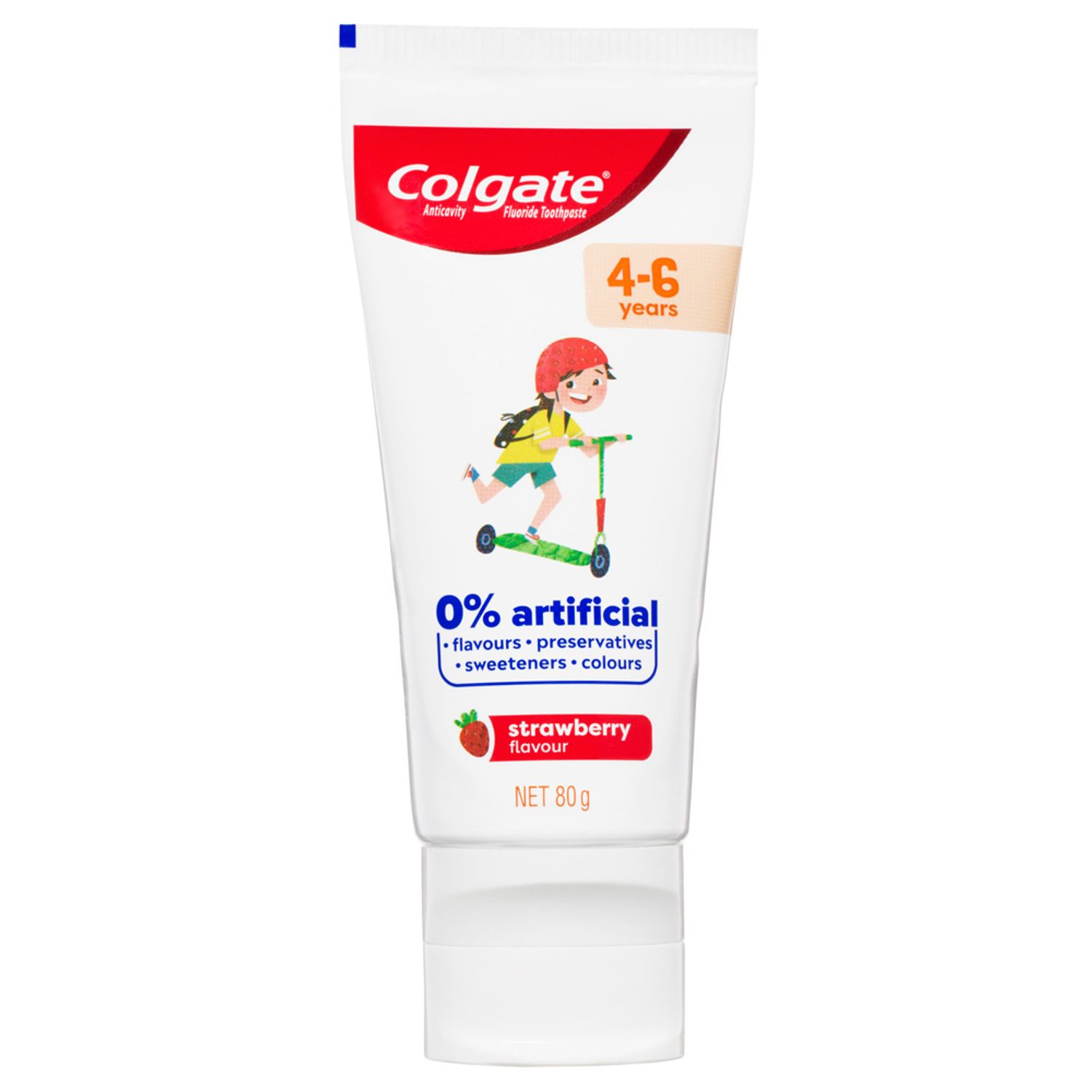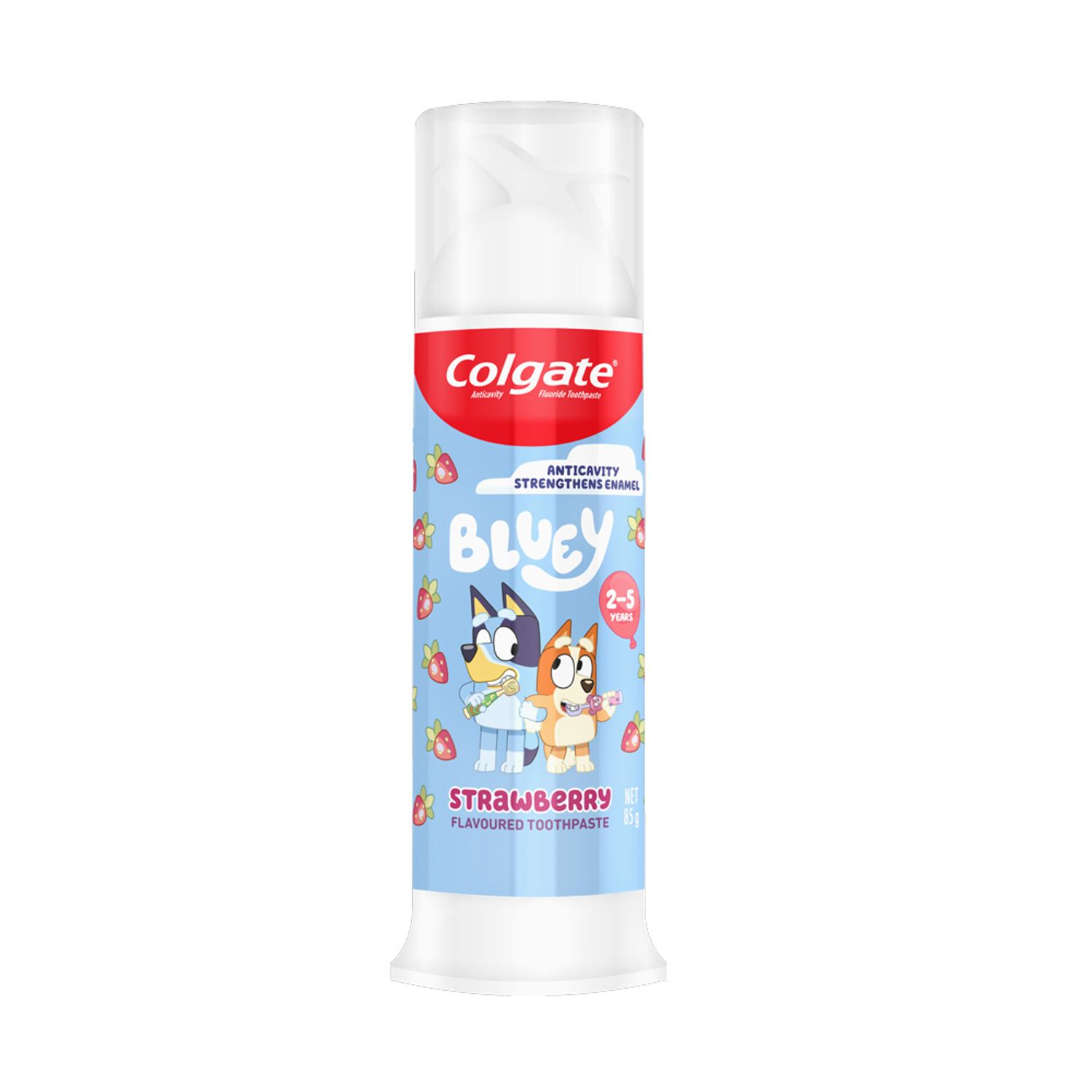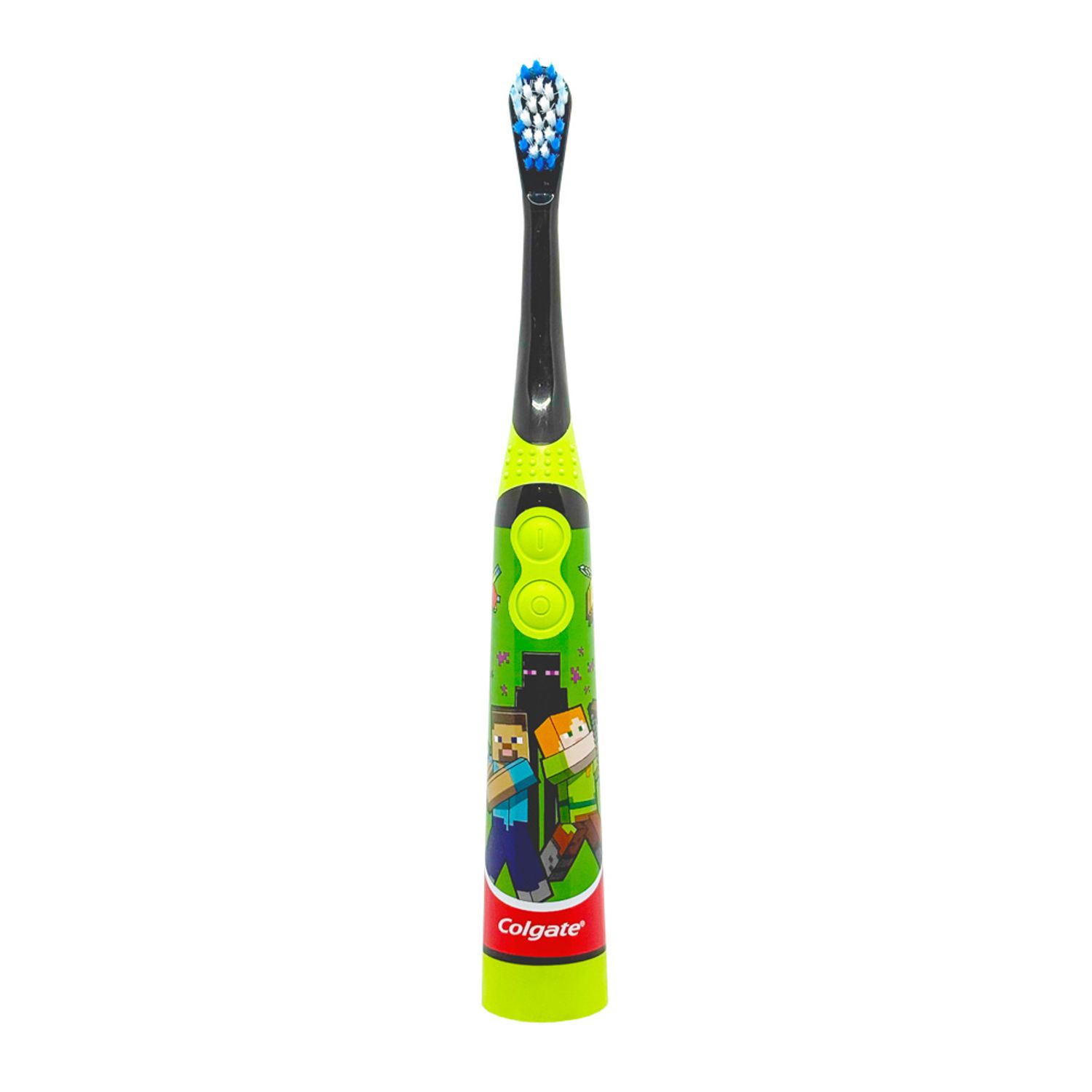-
-

BRUSHING & FLOSSING
How to BrushWhat Is the Right Way to Brush?
Proper brushing takes at least two minutes — that's right, 120 seconds!...

BRUSHING & FLOSSING
How To FlossWhat is the Right Way to Floss?
Proper flossing removes plaque and food particles in places where a toothbrush cannot easily reach... -
Science & Innovation
- Colgate® | Toothpaste, Toothbrushes & Oral Care Resources
- Oral Health
- Early Orthodontics
- Diastemas and Treatment Options


What is a diastema and how do I treat it?
A “diastema” is an area of extra space between two or more teeth. The two front teeth of the upper jaw area is where a diastema is most frequently seen. Many children experience diastemata as primary teeth fall out, although in most cases these spaces close when the permanent teeth erupt.
Diastemata may also be caused by a tooth size discrepancy, missing teeth or an oversized labial frenum, the tissue that extends from the inside of the lip to the gum tissue where the upper two front teeth are located. Secondary reasons involve oral alignment issues such as an overjet or protrusion of the teeth.1
What are my treatment options?
Once your dentist or dental specialist has determined the reason for your diastema, a treatment plan will be discussed.
Options may include:
- Keep the diastema
- Orthodontic treatment to move the teeth and close the diastema
- Use porcelain veneers (very thin pieces of porcelain bonded to the outside of the teeth)
- Crown and bridge work or replacement of teeth with implants (adults only).
If you have an oversized labial frenum, you may be referred to a periodontist or an oral surgeon for an oral consultation and surgical procedure called a frenectomy. This procedure involves cutting the frenum and then repositioning to allow for more flexibility. If the frenectomy is conducted on a child, the space may close by itself. If it is a teenager or adult, the space may need to be closed with braces. A consultation with your dentist is essential to determine which option the right one for your needs.
1 Frazier-Bowers, S., & Maxbauer, E. (2008). Orthodontics. In S.J. Daniel, S.A. Harfst, & R.S. Wilder (Eds). Mosby’s Dental Hygiene, Concepts, Cases, and Competencies. 699-706. Mosby.
Related Articles


Struggling to determine if your baby is teething? Continue reading for the signs and symptoms of emerging teeth in your baby.

When should your child’s first dental visit be? The Australian Dental Association says when the first tooth erupts in the mouth.
This article is intended to promote understanding of and knowledge about general oral health topics. It is not intended to be a substitute for professional advice, diagnosis or treatment. Always seek the advice of your dentist or other qualified healthcare provider with any questions you may have regarding a medical condition or treatment.
Related Products

Helping dental professionals
More professionals across the world trust Colgate. Find resources, products, and information to give your patients a healthier future

